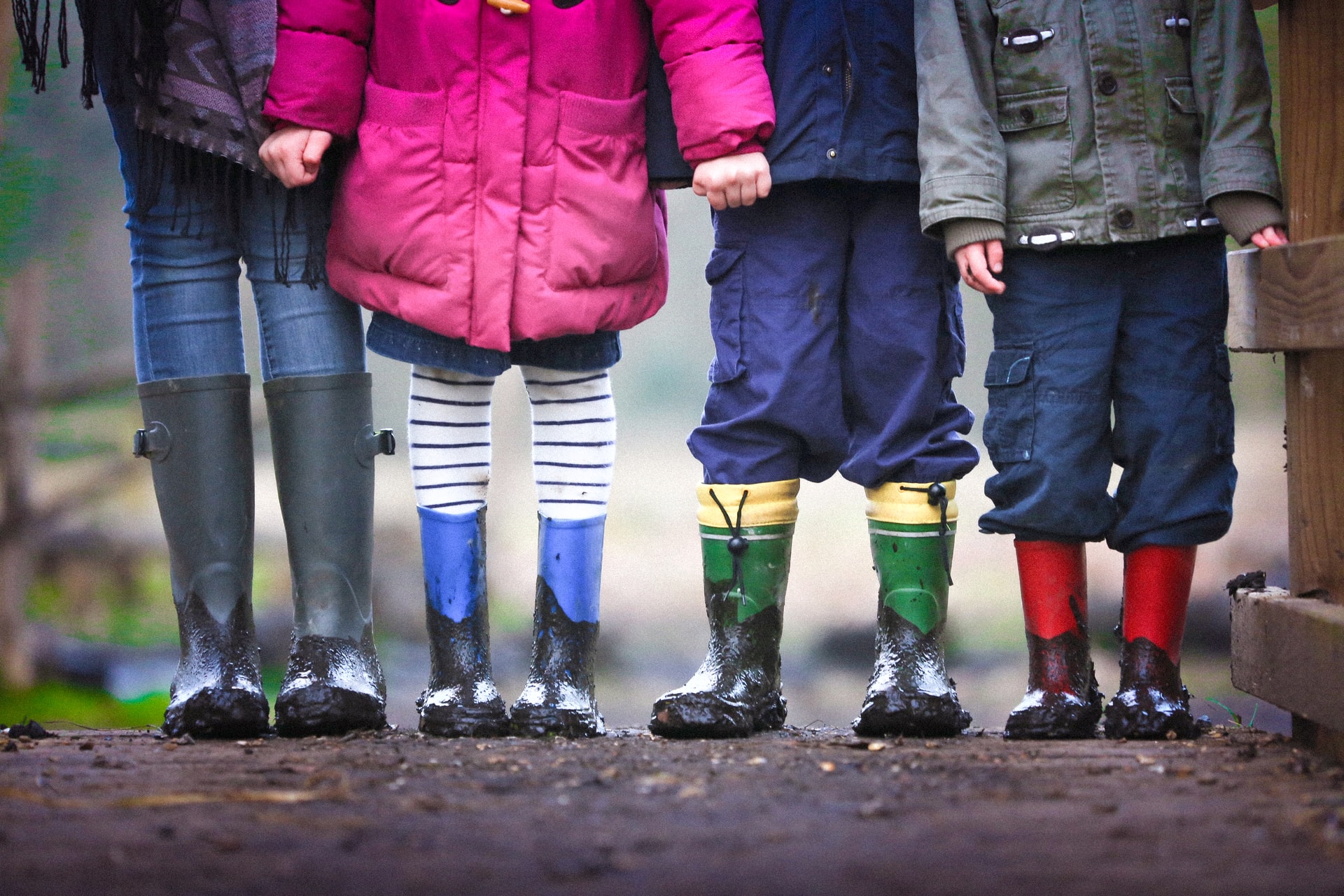
Spring break is just around the corner, and parents of young kids with special needs are struggling to find suitable in-person camps. For the uninitiated, the needs of neurodivergent kids are complex, interconnected and certainly multi-levelled- making it all the more challenging for their parents to find fun-filled and safe camps in our town.
Unlike last year when all local organizations cancelled March break camps due to COVID disruptions, many will run camps from Monday, March 14 to Friday, March 18 this year - though few will conduct virtual sessions only.
"Most camps have a large instructor to camper ratio or are virtual. Either way, these options don't work for my 6-year old boy," shared a local parent of a boy with autism. She added that kids with a short attention span, behavioural issues, communication difficulties, or toileting challenges need dedicated support or instruction in a small group to thrive.
Oakville News caught up with some of the organizations running spring break camps to learn about the available options.
Oakville Parent-Child Centre (OPCC), known for its recreational Forest and Nature programs for 4 to 6-year-old children, will offer a March Break Nature Camp. Susan Beckett, RECE, Program Director of OPCC, confirmed that they have had children with different needs attend the camps.
She also highlighted, "this camp ventures outdoors on trails, not in a fenced playground. As a result, its suitability depends on the needs of the child and what a family is comfortable with."
OPCC offers three educators to a group of 15 children in the camp. It encourages parents to contact ahead of time to help them understand a child's needs and determine the measures to be taken.
Little Kitchen Academy (LKA) will run specialty camps for kids requiring individual attention during March break. Each 3-hour class has a maximum of 10 students with three instructors to promote the children's learning, growth, and safety.
"We want our students to work independently but have someone to step in when support is needed," Felicia Sia, Director, Oakville South location, emphasized. LKA curriculum is influenced by the Montessori Method, thus inspiring the students to work at their own pace.
She added that "having individual workstations (including one wheelchair accessible workstation for each student) allows slowing down or diving in to focus on specific skills without feeling pressurized."
Some camps allow parents to send support workers with kids. Colleen Beswick, a Recreation and Culture Program Supervisor with the Town of Oakville, highlighted, "We often see great success when children are accompanied by someone they know well. Often the individual is very familiar with the child's needs, which allows them to participate seamlessly in our programs."
Regardless, if a family requests enhanced support to participate in a camp, the town staff meet with the family to understand the level of support needed. In some instances, the town can provide one-on-one support, pairing the child with a recreation leader, she added.
The typical staff to camper ratio for CampOAK run by the town is 1:8 for children aged four to five and 1:12 for children over six.
Unfortunately, finding support workers has been a strenuous task for parents with neuro-divergent kids.
"COVID disruptions over the last two years have forced many respite or support workers to look for alternative careers. As a result, it has been a struggle to find support workers for my child during school holidays," an Oakville-based mom with a child with Mild Intellectual Disability shared.
She reflected that a handful of camps with a small teacher-to-student ratio are sometimes expensive for families with multiple children.